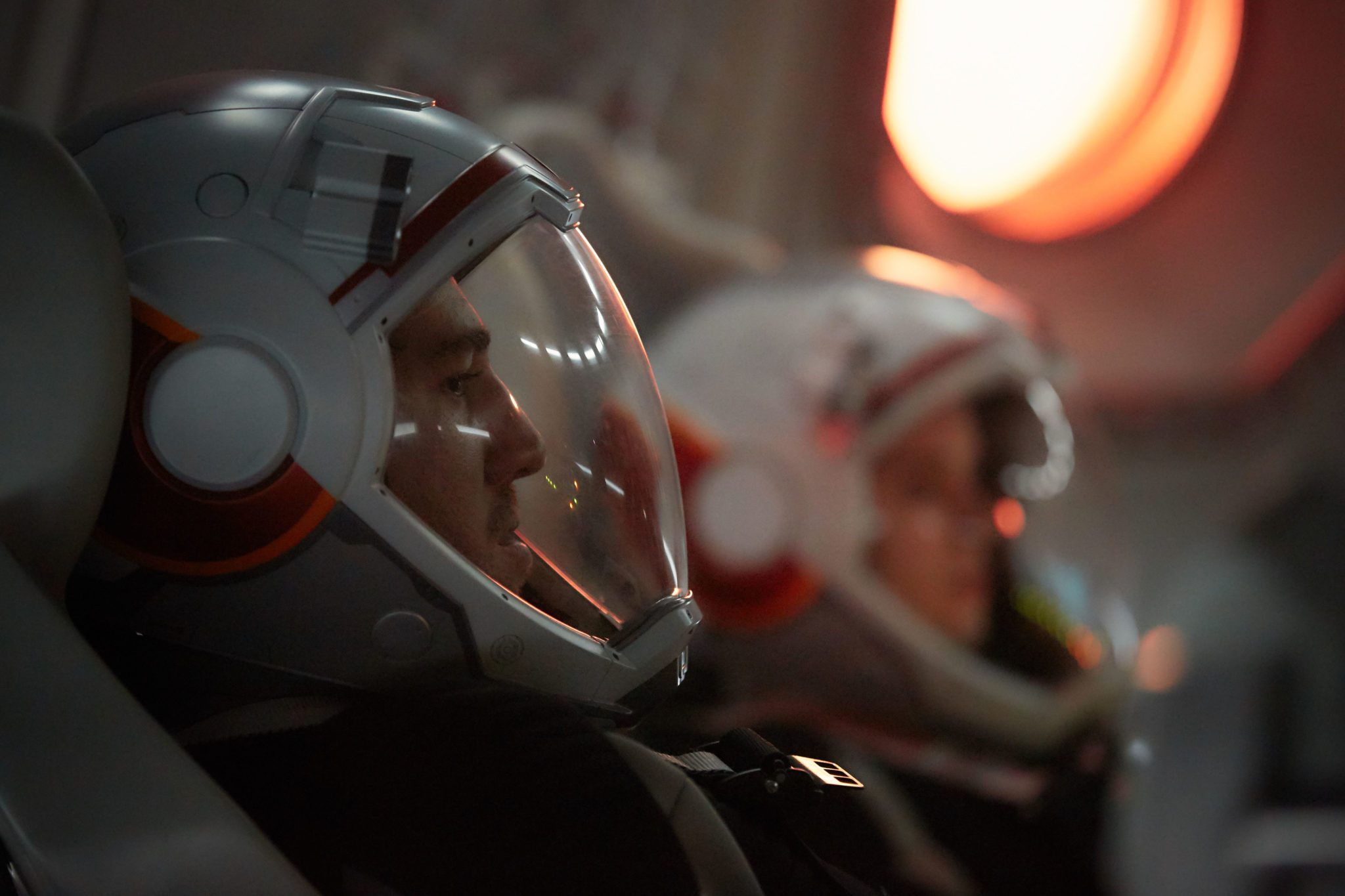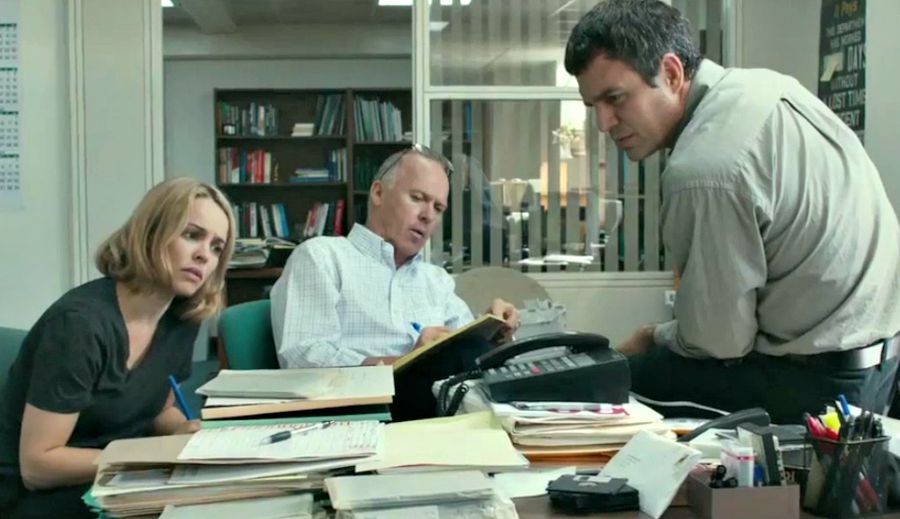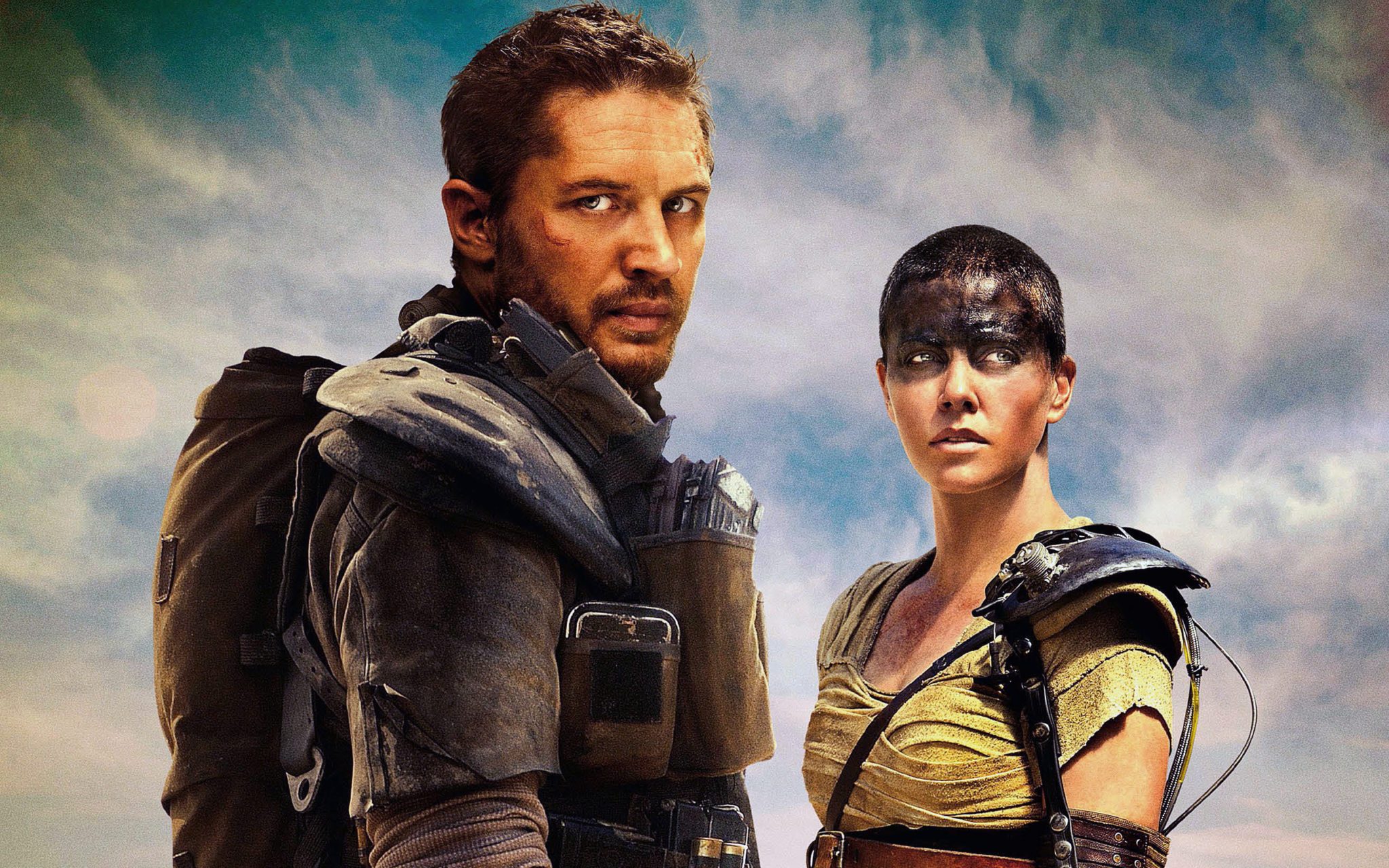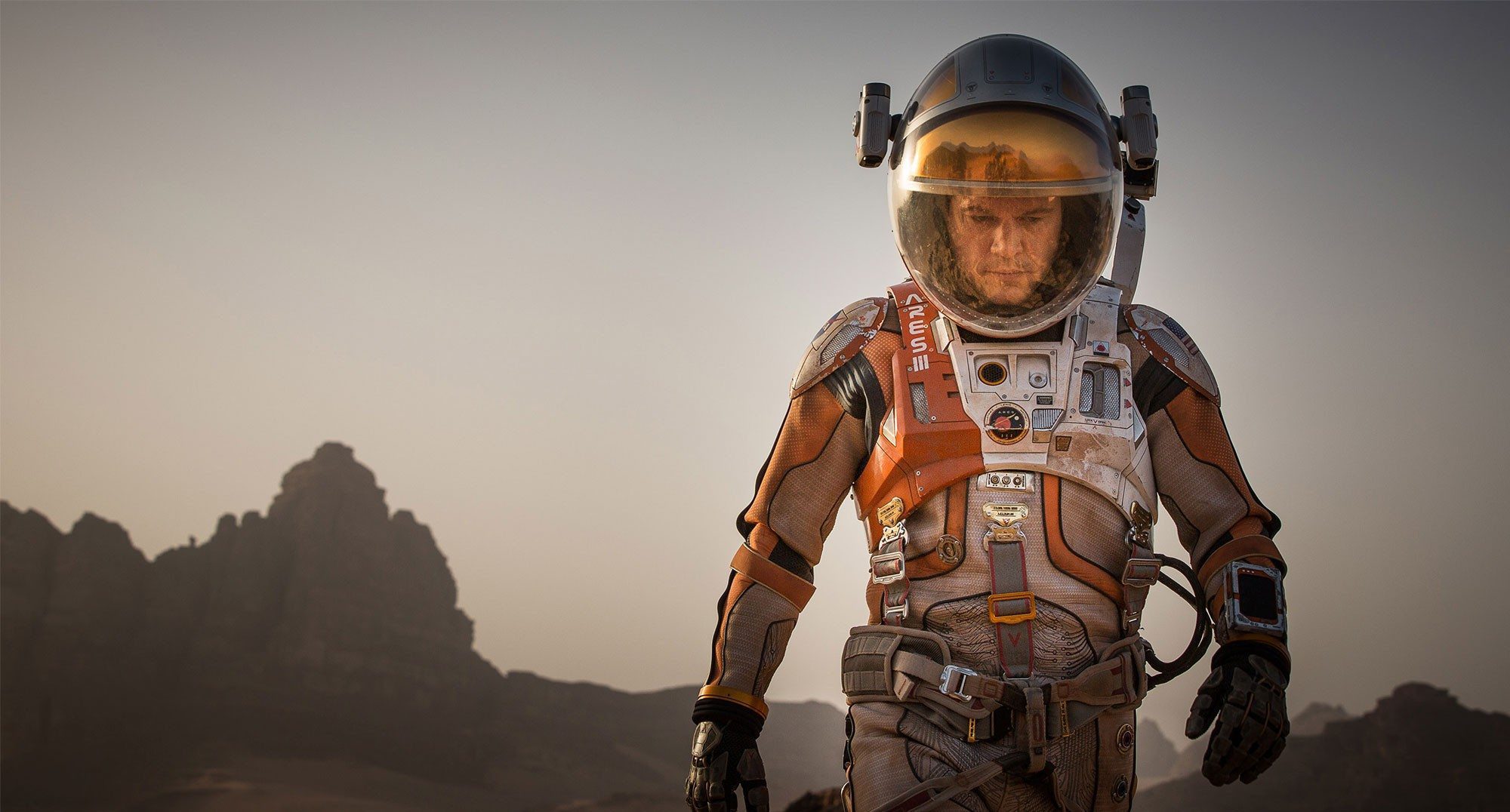
Mars (Ep 1): The Journey Begins
Mars is a challenging reminder of why space exploration is so risky and yet holds out so much hope for the inhabitants of this planet.

Mars is a challenging reminder of why space exploration is so risky and yet holds out so much hope for the inhabitants of this planet.

?There has been an awakening. Have you felt it?? ? -Supreme Leader Snoke, Star Wars: The Force Awakens There?s always been a tension between seeing and believing. Especially over the last few decades, there has been an increasingly heavy emphasis that truth exists only when we can prove things scientifically or experience them for ourselves….

The ScreenFish staff compiled some of their favorites for the top Academy Award prizes. The results were… varied. Best Actor Chris: Leo. It’s his time. ?Don’t hate. ?Dude gave his guts and glory to film that puppy in freezing cold temps. That’s how it’s done, kiddos! Darrel: This one I see as very close…

The Oscar races this year are absolutely clear cut… in my mind. Having seen fourteen?of the nominated films?(out of approximately sixteen?films in the major categories),?these are my favorites to win. At Best Actor, the portrayal of screenwriter and Communist Dalton Trumbo by Bryan Cranston put him in rare air, not that of the illicit drugs…

With a compelling story, great acting, and fantastic visuals, The Martian is a worthy film to be considered for this year?s Best Picture nomination.

The announcement of this year’s Academy Awards nominations always brings with it the usual debates. ?Who surprised? ?(Straight Outta Compton!) ?Who got snubbed? ?(Ridley Scott!) Momentum. ?Controversy. ?Favourite. ?Underdog. ?Every year,?all of?these words are used to argue about?the Academy’s picks. ?In fact, I’m even sure that I’ll address these issues as time draws nearer to…

Have you got your tickets? That seems to have been one of the main questions amongst Star Wars fans over the last 6 weeks. Amazingly, as soon as Fandango opened their digital doors for advance tickets for The Force Awakens, the latest chapter in the Star Wars canon, they didn?t just get snapped up? they…

Are we truly alone in the universe? It’s a question asked by a number of entries into the sci-fi genre. However,?The Martian is not like other films. Directed by Ridley Scott (Alien, Blade Runner),?The Martian doesn’t wrestle with this question in terms of alien life on other planets. Rather,?it is far more interested on what…